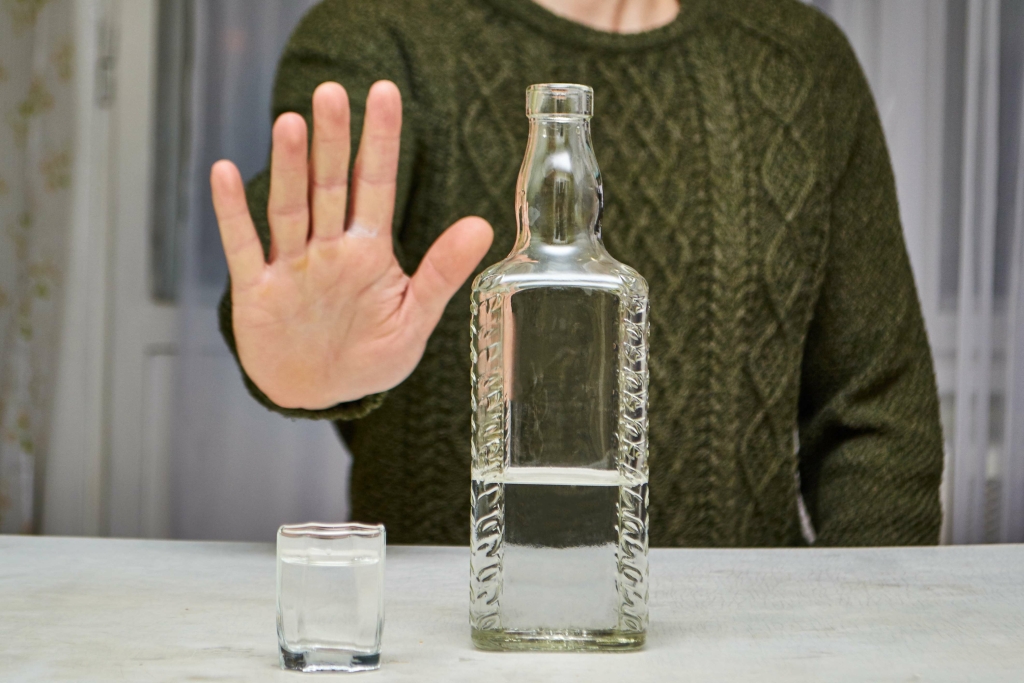Your provider can help get to the bottom of your symptoms and recommend the best next steps. You may notice that even after drinking a small amount drug addiction treatment of alcohol, you don’t feel great. While there is no cure for this condition, avoiding alcohol helps you stay symptom-free.

Signs and Symptoms of Alcohol Intolerance
- Dark beers, such as stouts and porters, generally have higher histamine levels compared to lighter options like lagers.
- Although not a true allergy, in some cases, what seems to be alcohol intolerance might be your reaction to something in an alcoholic beverage — such as chemicals, grains or preservatives.
- By analyzing a person’s DNA, healthcare professionals can identify specific genetic variations, particularly in the ALDH2 gene, that influence how the body processes alcohol.
- For individuals struggling with alcohol intolerance or alcohol-related issues, seeking professional help can be an important step towards better health and well-being.
This clarity can be really helpful when you’re out with friends or choosing a drink at home. If you’ve ever dealt with discomfort after a drink, it’s a good idea to pay attention to these ingredients. Checking labels and opting for products made with natural ingredients can really help reduce the risk of any unpleasant surprises. Sudden alcohol intolerance can look similar to an allergy, but the cause is different. alcohol intolerance symptoms Allergies involve the immune system, while intolerance is usually linked to how your body metabolises alcohol or changes in health.
Alcohol Intolerance Diagnosis and Treatment

The only way to prevent these uncomfortable reactions is to avoid alcohol. Skin flushing results from the accumulation of acetaldehyde, which dilates blood vessels. It’s a clear sign that the body is struggling to metabolize alcohol and might also hint at a higher risk for esophageal cancer.
Want to understand the signs of alcohol intolerance better? Connect with us for more insights!

This is all happens as a result of drinking alcohol, or more specifically, the series of bodily processes it sets in motion. It is possible for a person’s tolerance to certain ingredients to change over time, and an intolerance may just happen suddenly due to genetics. People who have asthma, hay fever, or other allergies to foods may have a higher risk of developing an alcohol intolerance. If you think you might have alcohol intolerance, the first step is to speak with a healthcare professional.
- The cause of alcohol-related sickness may develop for various medical reasons, such as an intolerance to alcohol or another ingredient present in the beverage.
- Reducing intake or stopping drinking may help a person feel more in control of their consumption and avoid experiencing a reaction or symptoms related to their alcohol use.
- Read beverage labels to see whether they contain ingredients or additives you know cause a reaction, such as sulfites or certain grains.
- Of these symptoms, facial flushing is the most common and will almost always be present.
Gluten Intolerance
If you experience any of these symptoms, it is important to consult a healthcare professional. These symptoms can occur rapidly, usually within minutes of drinking alcohol, and typically resolve once alcohol is removed from the system. They can be unpleasant but are rarely dangerous and will eventually go away on their own. However, if you are experiencing asthma symptoms along with alcohol intolerance, it is recommended to see a doctor. In individuals with alcohol intolerance, a genetic mutation can result in a less active or inactive form of the ALDH2 enzyme, impairing the body’s ability to metabolize acetaldehyde.
Alcohol Intolerance Testing
Sudden onset intolerance often leads people to seek medical advice to understand the root cause of this abrupt change. Symptoms of an alcohol allergy include rashes, itchiness, swelling and severe stomach cramps. Treatment options include allergy testing, nutritional counseling, education on safe alcohol consumption, and lifestyle guidance. If you are worried about life-threatening reactions or need help managing alcohol intolerance, contact us today. The symptoms of alcohol intolerance include a red, flushed face, neck, and chest, nausea, vomiting, a stuffy nose, diarrhoea, fatigue, and a throbbing headache. These symptoms can be very uncomfortable and typically appear shortly after consuming alcohol.
Paying for Treatment
These symptoms are a direct result of the body’s inability to process alcohol, leading to gastrointestinal discomfort. Ethanol (alcohol) also opens up blood vessels and can exacerbate symptoms https://ecosoberhouse.com/ such as asthma, urticaria, or rhinitis. Alcohol, as an ingredient, can also increase gut permeability, allowing toxins and larger food particles to pass into the bloodstream. This can increase the likelihood of an intolerance forming, which is known as leaky gut. Genetic testing may also be an option, providing a more definitive answer. This test can identify variations in the ALDH2 gene, confirming whether the intolerance is due to genetic factors.
